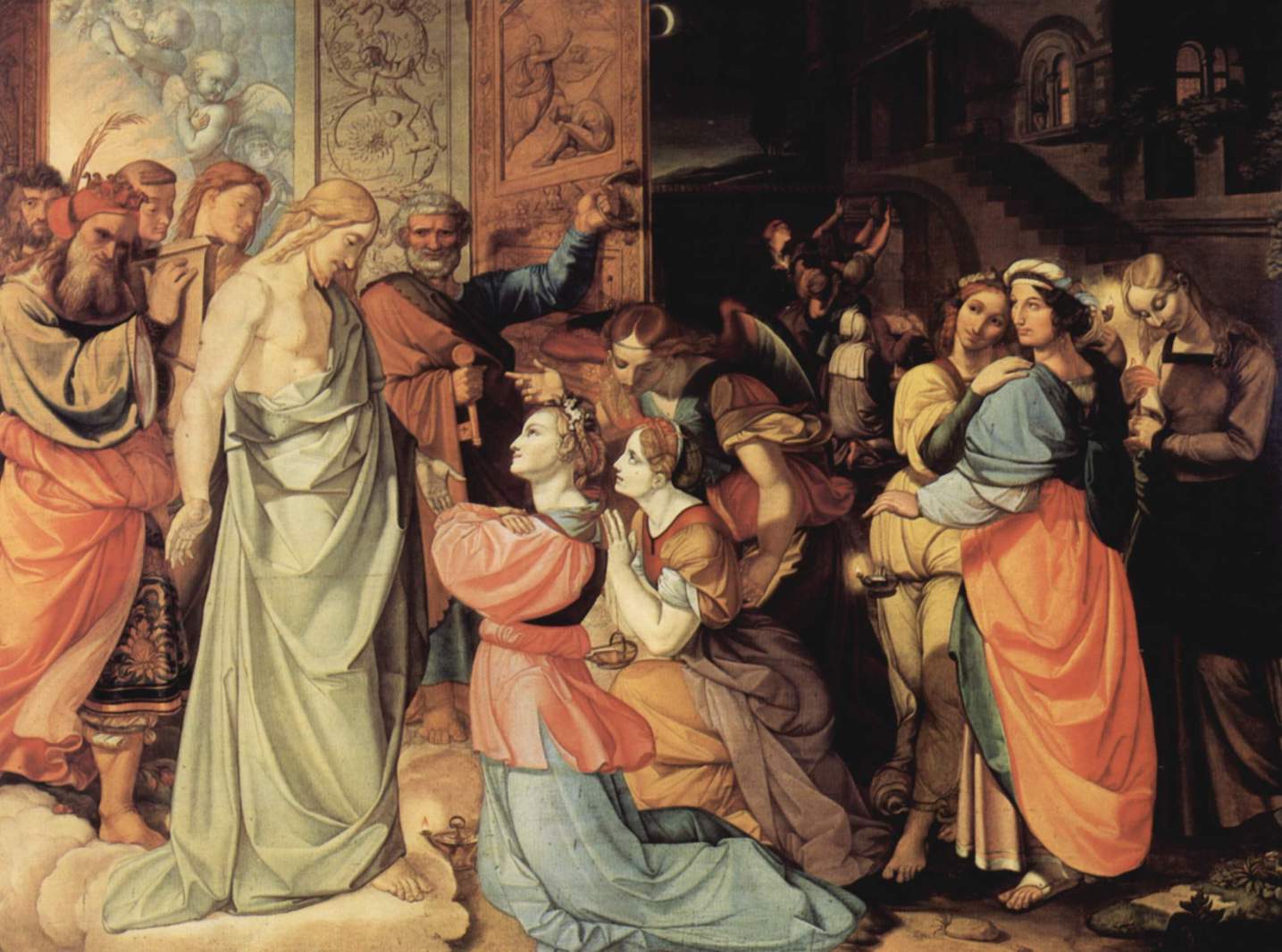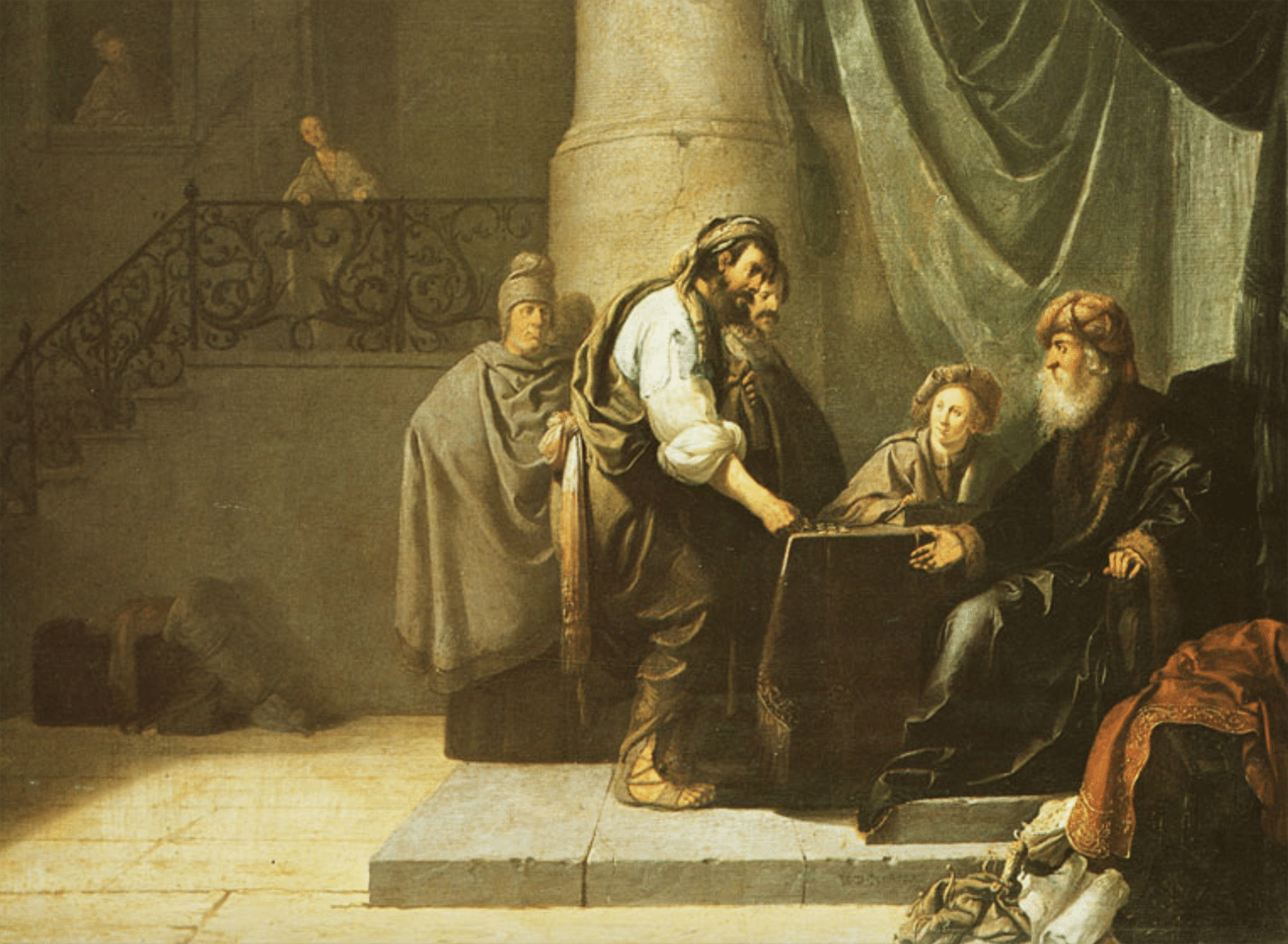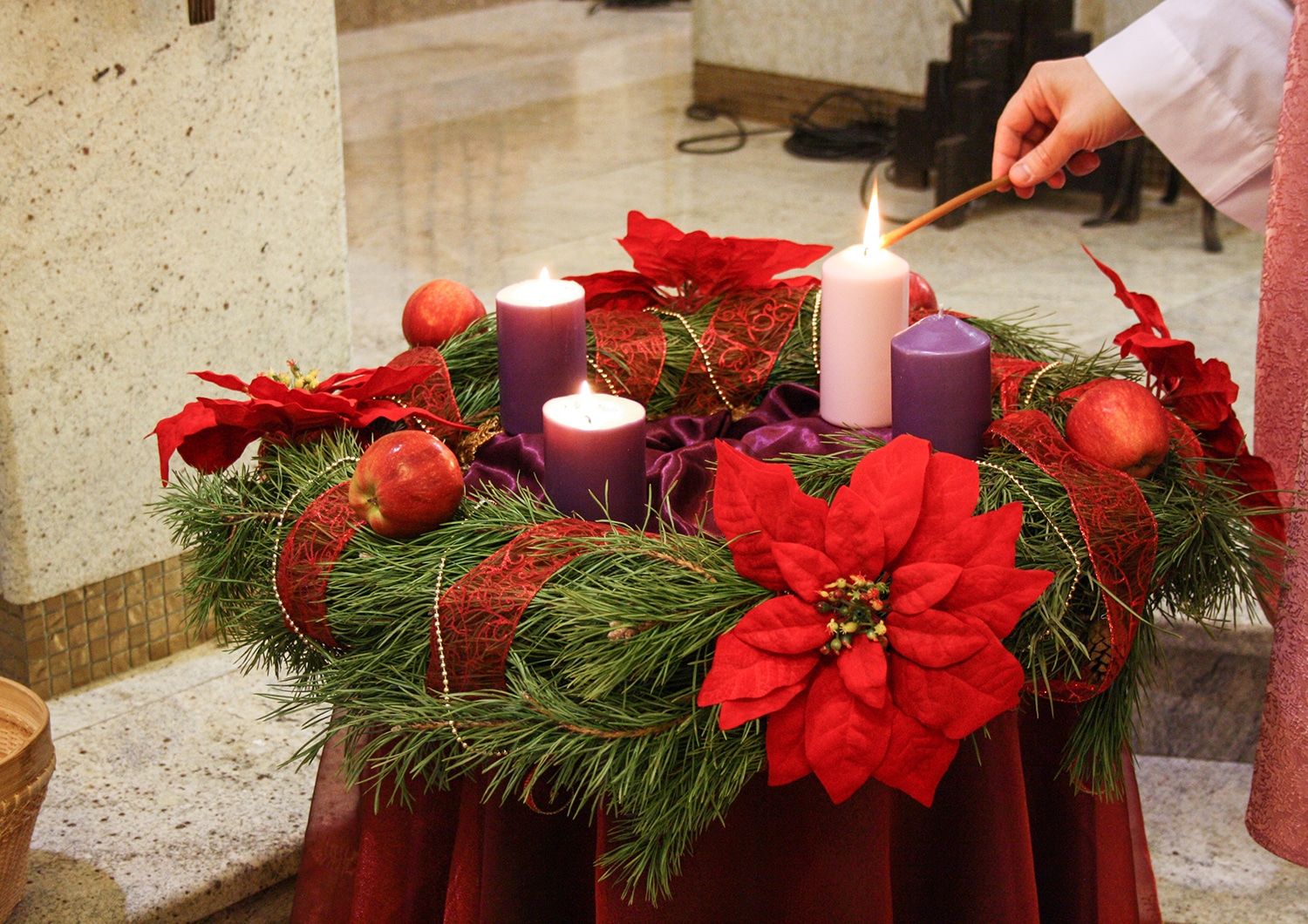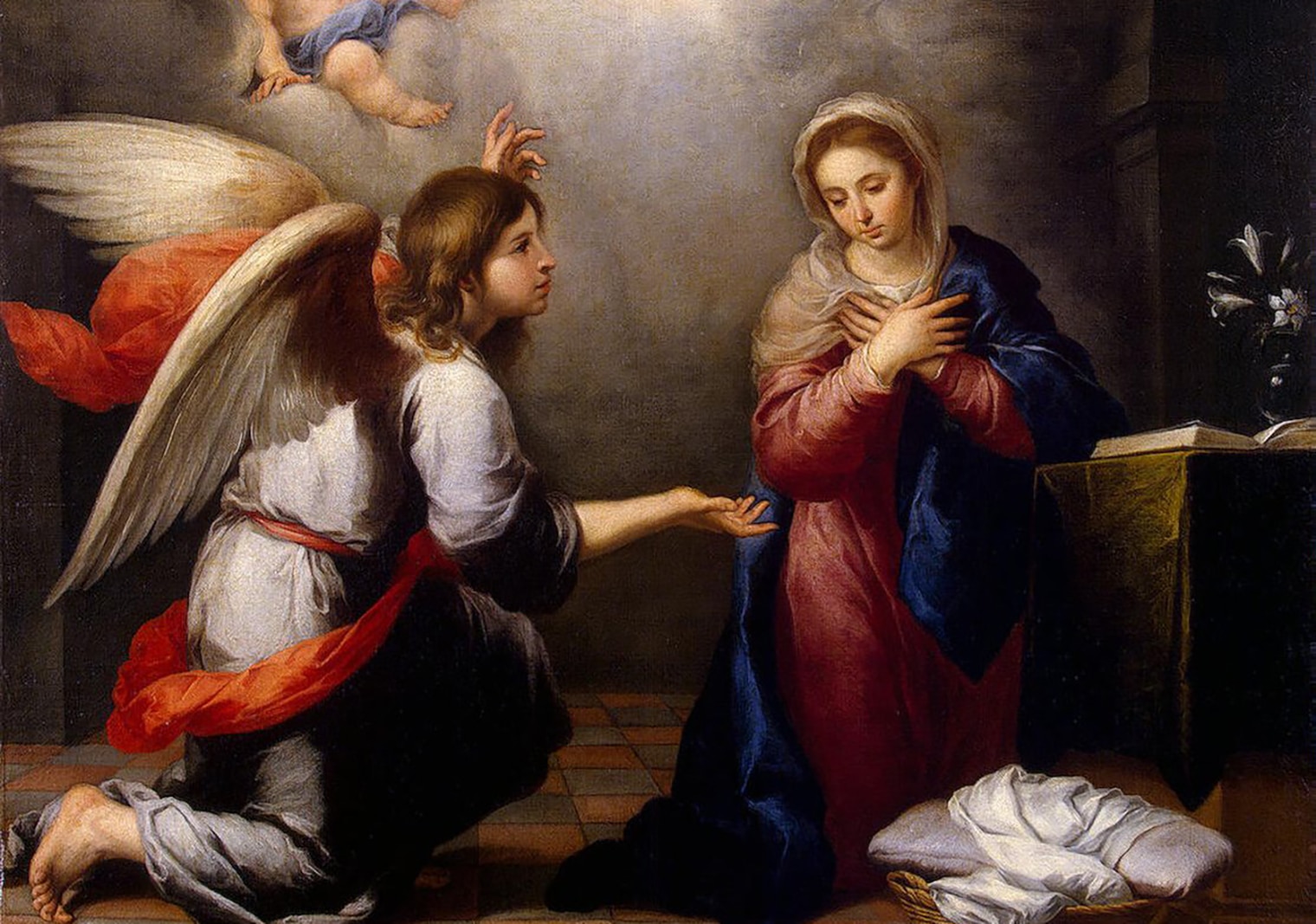“Amen, I say to you, I do not know you” (Mt 25:12). These are the words of the bridegroom to the foolish virgins of Matthew 25. And they give us the key to understanding this Sunday’s readings about the kingdom of heaven.
In his parable of the ten virgins, Christ tells us that the first five are wise — they are prepared with plenty of oil for their lamps. Thus, when the bridegroom arrives in the middle of the night, they are ready to go with him to the wedding feast, lighting the way in procession with their lamps. But the other five, the “foolish virgins,” were not properly prepared. They did not have enough oil for their lamps to light the way to the wedding feast. And so it was to these “foolish virgins” that Christ said, “I do not know you.”
| November 12 – 32nd Sunday in Ordinary Time |
|---|
|
Wis 6:12-16 Ps 63:2, 3-4, 5-6, 7-8 1 Thes 4:13-18 Mt 25:1-13 |
Not prepared for the bridegroom
Put differently, it wasn’t that the “foolish virgins” were not prepared for a feast, but for the bridegroom, himself. They were not prepared to encounter with Christ. Indeed, he said, “I do not know you,” and neither did they know him.
In one of his Sunday audiences, Pope Francis commented upon this parable in Matthew (Nov. 12, 2017). Pope Francis tells us, “The lamp is the symbol of the faith that illuminates our life, while the oil is the symbol of the charity that nourishes, that makes fruitful and credible the light of faith.”
Thinking along these lines, the “wise virgins” of Christ’s parable know Christ in faith so well that their love for him makes his presence known to others — they light the way of the nuptial procession. The “foolish virgins,” however, only offer darkness.
And so I would like us to consider for a moment the Christ, the bridegroom, whom we are asked to know through faith and in love.
In his (voluminous) commentary on the Gospel of Matthew, Erasmo Leiva-Merikakis reflects on Matthew 9:36, which we have already read this liturgical year. In Matthew 9:36, Christ beholds the crowds of the diseased and the sick flocking to him in faith. Matthew describes Christ’s reaction, “seeing the crowds, [Jesus] had compassion on them.” But Leiva-Merikakis says the attention to the language of the original text tells us more than this. According to Leiva-Merikakis, Matthew 9:36 reads “and [Jesus’] insides were moved with pity for them.” Thus, Christ is the “compassionate one”; he is affected by our suffering elementally. There is “no possibility here,” writes Leiva-Merikakis, “of a distanced display of ‘charity’ … Jesus looks at the crowds, then, and is viscerally moved. What power in the gaze of a Savior who pauses in the midst of his activity in order to take into himself the full, wounded reality about him!” (“Fire of Mercy, Heart of the Word: Meditations on the Gospel According to St. Matthew, Volume 1”, Ignatius Press, $34.95).
Known by our faith
This, then, is the bridegroom of Matthew 25:1-13, for whom the virgins wait. Known by our faith, our bridegroom is “the compassionate one,” who loves us most viscerally, more deeply than we can even know or feel in this present life. In his own gaze, fueled as it is by charity itself, Christ sees and knows us; he takes us into himself.
Thus, the “wise virgins,” going in procession to the wedding feast, are going with the bridegroom to the kingdom of heaven. For what is heaven, if not union with God — with, that is love itself, in love? Christ’s presence with, and even in us, by our mutual love, is heaven. So let us build a store of charity’s oil, and “stay awake,” waiting in faith for Christ’s encounter. Then, “As with the riches of a [the wedding feast] shall [our souls] be satisfied” (Ps 63:5).







